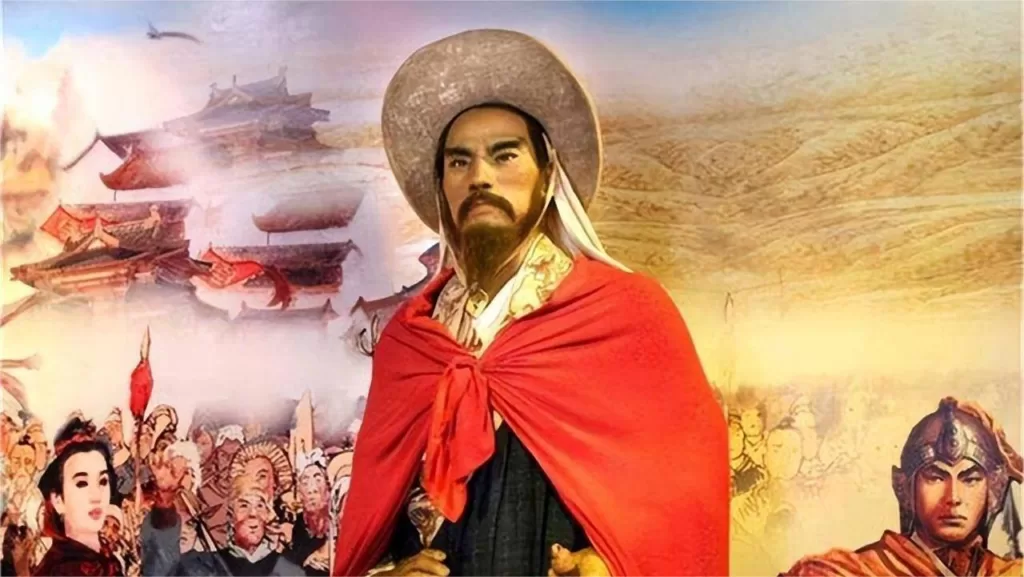Li Zicheng (李自成) was a prominent rebel leader during the late Ming Dynasty in China. He rose to prominence in the 1630s and 1640s, leading a peasant uprising that eventually toppled the Ming Dynasty and established the short-lived Shun Dynasty.
Li Zicheng was born in Mizhi County, Shaanxi Province, in 1606. He grew up in poverty, and as a young man, he worked as a farmer, a salt smuggler, and a bandit. In the early 1630s, he became a follower of the White Lotus Society, a religious sect that combined elements of Buddhism, Daoism, and folk beliefs.
In 1635, Li Zicheng organized a group of rebels and launched an attack on a local government office, seizing weapons and supplies. Over the next few years, he continued to lead raids on government institutions, growing his following and building his reputation as a skilled tactician and leader.
In 1640, Li Zicheng’s forces captured the city of Xi’an, the capital of Shaanxi Province. This was a significant victory for the rebels, as Xi’an was a major center of government power and the home of many influential officials. With the capture of Xi’an, Li Zicheng’s rebel army grew rapidly, as peasants and disaffected officials flocked to his cause.
In 1644, the rebel army marched on Beijing, the capital of the Ming Dynasty. The Ming government was weak and divided at this time, and the city fell to the rebels without much resistance. The Ming Emperor, Chongzhen, committed suicide as the rebels entered the city, and Li Zicheng proclaimed himself the new Emperor of China, founding the Shun Dynasty.
The Shun Dynasty, however, was short-lived. Li Zicheng was not a capable ruler, and he faced numerous challenges from both internal and external forces. His government was plagued by corruption, and he was unable to control his subordinates, who often acted independently and without his authorization. In addition, the Manchu people, who had long been a threat to the Ming Dynasty, saw the chaos in China as an opportunity to expand their own territory.
In 1645, the Manchu forces captured Beijing and established the Qing Dynasty, which would rule China for the next 268 years. Li Zicheng fled from Beijing and was eventually captured and executed by the Qing forces in 1645.
Despite his ultimate failure, Li Zicheng remains a significant figure in Chinese history. He is remembered as a charismatic and passionate leader who rallied the oppressed masses against a corrupt and oppressive government. His rebellion helped to bring about the downfall of the Ming Dynasty and paved the way for the establishment of the Qing Dynasty, which would become one of the most powerful and prosperous dynasties in Chinese history.
Li Zicheng’s legacy is complex, and opinions about him vary. Some see him as a hero who fought against tyranny and injustice, while others see him as a reckless and ineffective leader who brought chaos and suffering to China. Regardless of one’s opinion of him, however, there is no denying that Li Zicheng played a significant role in the tumultuous period of Chinese history.


